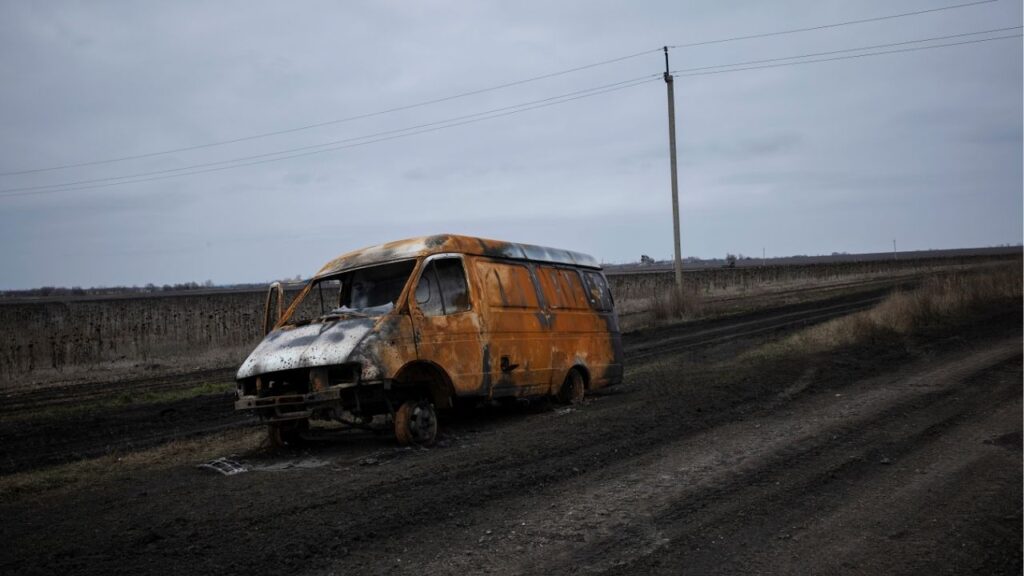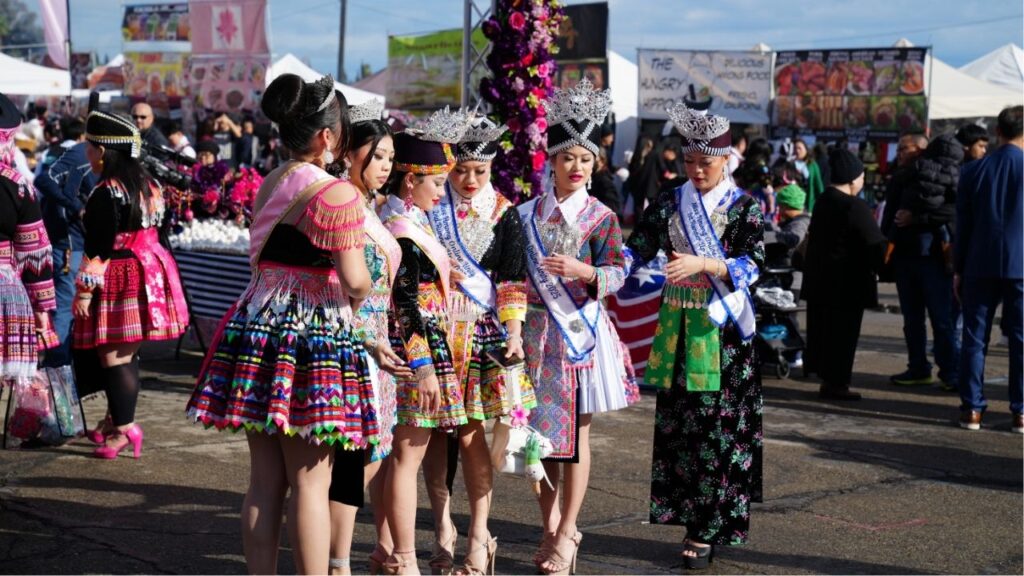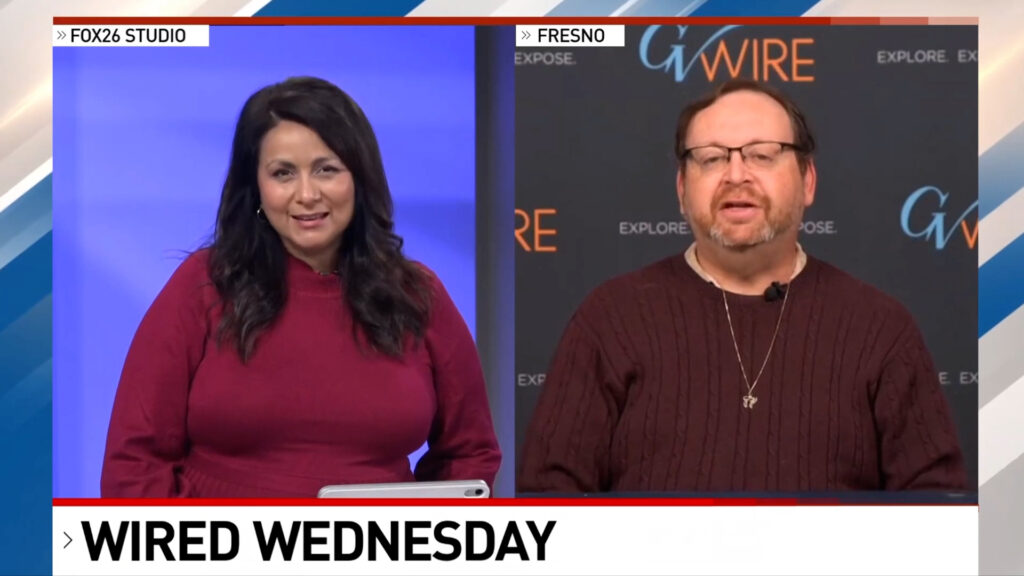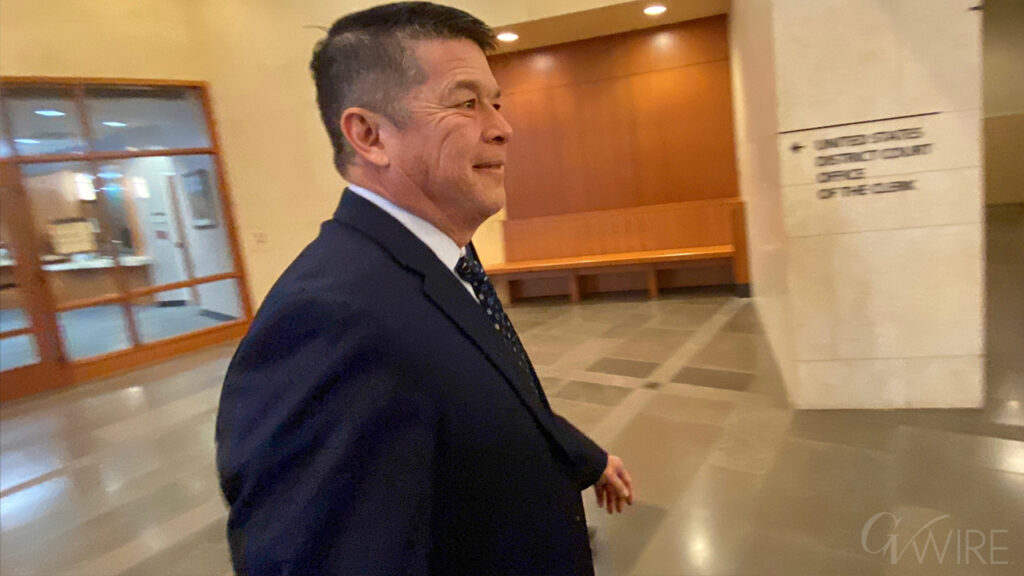Share
Joe Biden notched his first major Super Tuesday victory, winning battleground Virginia to start the most pivotal night of the Democratic presidential primary and add to a remarkable political comeback that looked unthinkable just last week.
Sen. Bernie Sanders also grabbed a home-state win in Vermont, and polls began closing in some of the 13 other states voting from California to Maine. Voting was still occurring in the two biggest prizes of the night, Texas and California.
Virginia was an early lift for Biden after Sanders and billionaire former New York Mayor Mike Bloomberg heavily contested it over the past week.
Bloomberg Under Pressure to Show Results
A once-jumbled primary arrived at Super Tuesday as an increasingly well-defined battle between leftist Democrats who back the likes of Sanders and Massachusetts Sen. Elizabeth Warren and centrists preferring Biden. A wild card was Bloomberg, who skipped the primary’s first four states but poured $500 million of his personal fortune into Super Tuesday and faced increasing pressure to prove it was all worth it.
Two other moderates, Minnesota Sen. Amy Klobuchar and Pete Buttigieg, the former mayor of South Bend, Indiana, both left the race in the run-up to Super Tuesday, then dramatically endorsed Biden on Monday. That helped unify moderates behind the former vice president, whose campaign risked collapsing until his resounding win in Saturday’s South Carolina primary.
A turnaround would be all the more remarkable because Super Tuesday was supposed to be about monster fundraising and strong political organization. Biden largely had neither and yet still looked poised for a strong night. Sanders, an avowed democratic socialist, argued that the party’s elders were scrambling to block him from a nomination it appeared just last week he could run away with.
“The political establishment has made their choice: Anybody but Bernie Sanders,” Sanders campaign manager Faiz Shakir wrote in a fundraising message Tuesday.
“The truth is, we’ve always known we were taking on the entire damn 1 percent of this country,” Shakir added. “But we have something they do not have: people. Lots and lots of people.”
Virginia a Traditional Swing State
Virginia is a traditional swing state that has moved more reliably Democratic in recent years, especially as people living in densely populated communities outside Washington turned their back on President Donald Trump, as many suburban voters have around the country.
Vermont first sent Sanders to Congress in 1990, and that he’d capture its 16 delegates was never in doubt. He was even holding a victory rally Tuesday in his hometown of Burlington, where he was once mayor.
Biden has trumpeted his strong support among African American Democrats and is looking to rack up wins across the South. In addition to Virginia, he’ll get his chance a bit later Tuesday as polls close in North Carolina — a key swing state that backed President Barack Obama in 2008 and that his party is hoping to take back from Trump in November — Alabama, Arkansas and Tennessee.
Meanwhile, some polls in Tennessee were ordered to extend voting hours in the wake of a tornado hitting the state. The Tennessee Democratic Party and the presidential campaigns of Biden, Sanders Bloomberg and Warren successfully sued Davidson County election officials and the secretary of state’s office to extend voting for three hours beyond their scheduled 7 p.m. local time close.
Biden’s campaign is also hoping for a strong showing in Oklahoma.
Warren Looking to Play Kingmaker?
Sanders, who had already won New Hampshire and Nevada and secured a virtual first-place tie in Iowa, is the favorite in Maine, and he could end up stealing Warren’s home state of Massachusetts, as well as Minnesota, especially with Klobuchar now out of the race. And he visited Utah scrounging for final votes on Monday.
Warren’s campaign hasn’t predicted outright victory anywhere voting Tuesday, but is hoping to pick up delegates in Colorado and California. Her top advisers have predicted that no candidate may get to the convention with enough delegates to secure the nomination — potentially positioning Warren for the role of kingmaker.
Texas and California account for 643 delegates — or about a third of the nearly 2,000 needed to clinch the nomination. In all, Super Tuesday offered 1,344 new delegates, or around 34% of all the total up for grabs nationwide.
RELATED TOPICS:
Categories

One Gaza Girl’s Fight to Survive Extreme Hunger


















